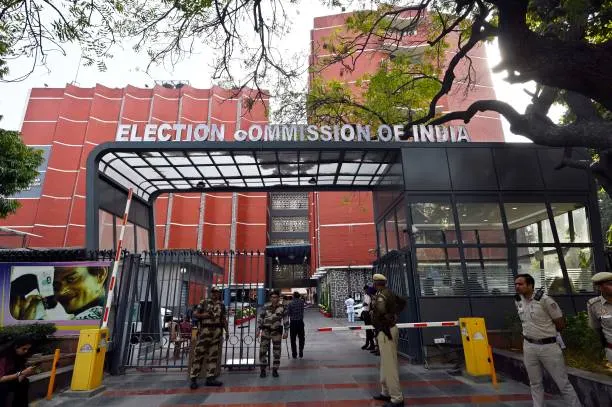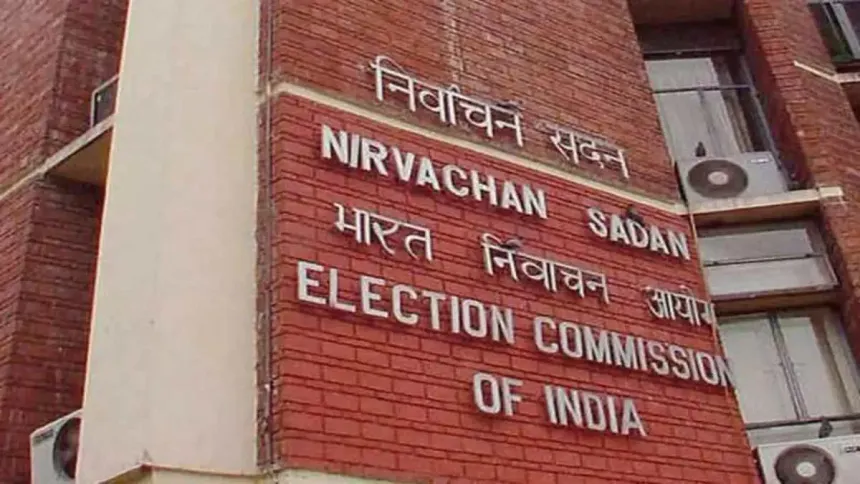In a nation as vast and diverse as India, free and fair elections are the lifeblood of democracy. The Election Commission of India, established in 1950, is the custodian of this sacred process. With immense responsibility and authority, the Commission ensures the integrity of the electoral process, safeguarding the rights of every citizen to participate in the democratic exercise. As the most critical institution in India’s electoral terrain, it is essential to understand the powers and responsibilities of the Election Commission of India. In this article, we will go into the Commission’s multifaceted role, exploring its jurisdiction, functions, and the importance of its oversight in India’s democratic setup.
Jurisdiction and Powers
The Election Commission of India has the authority to conduct free and fair elections to the Lok Sabha (Lower House of Parliament), Rajya Sabha (Upper House of Parliament), and State Legislative Assemblies. The Commission is responsible for preparing electoral rolls, ensuring the registration of eligible voters, and delimiting constituencies. It also plays a crucial role in identifying and dealing with electoral malpractices, such as bribery, intimidation, and misuse of official position. With its far-reaching powers, the Commission can even disqualify candidates and impose penalties on errant political parties.
Functions and Responsibilities

The Election Commission of India’s responsibilities are diverse and multifaceted. It is responsible for planning, organizing, and supervising elections, ensuring that the electoral process is conducted in a free, fair, and transparent manner. The Commission also regulates political parties, monitoring their activities and financial transactions to prevent misuse of funds and propaganda. Furthermore, it provides assistance to election officials, ensuring they receive necessary support and guidance to discharge their duties effectively. The Commission’s role extends to the judiciary as well, with the power to appeal electoral disputes and controversies to the Supreme Court.
Electoral Reforms and Outreach
The Election Commission of India has been proactively addressing various electoral issues and concerns, including voter turnout, electoral malpractices, and the increasing influence of money and muscle power in elections. In recent years, the Commission has introduced several electoral reforms, such as the use of Voter-Verified Paper Audit Trails (VVPATs) and the implementation of the Election Vigilance Awareness Week. The Commission has also launched outreach programs, aimed at increasing voter awareness, promoting electoral literacy, and ensuring greater participation from marginalized communities.
Challenges and Way Forward
Despite its extensive powers and responsibilities, the Election Commission of India faces numerous challenges. One of the most significant hurdles is the growing influence of money and muscle power in elections, which can compromise the integrity of the electoral process. The Commission must continue to evolve and adapt to emerging challenges, such as the impact of social media on elections and the need for greater transparency in political party funding. Moreover, it must maintain its strong relationship with political parties, ensuring that they comply with electoral laws and regulations.


